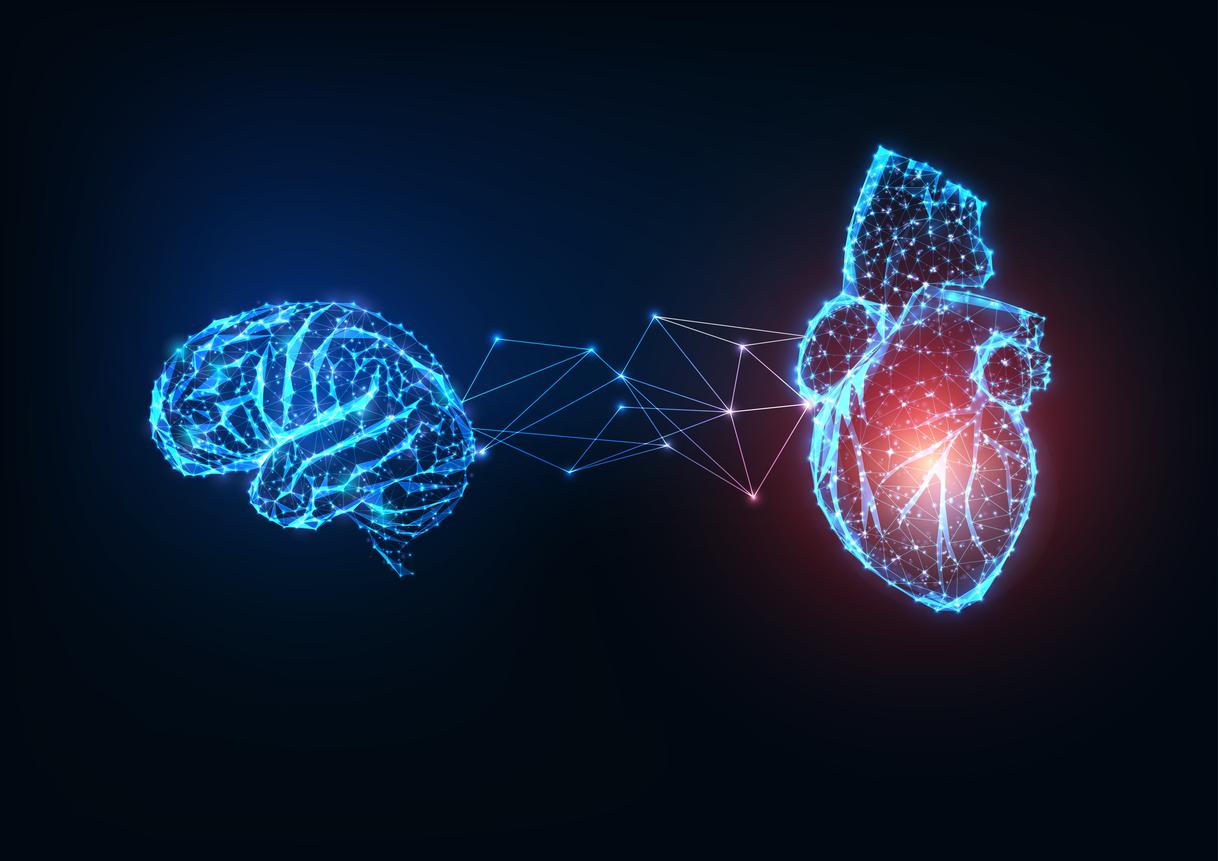Adults who increase the speed of their brains have better memory than others, according to a study (1) conducted by researchers at the Mayo Clinic, the results of which will be published in April in the “Jjournal of the american geriatrics society ” but which are already broadcast online since February 9.
For eight weeks, an initial group of 245 adults watched art, history and literature videos at home, one hour a day, five days a week. They then took quizzes on these topics.
At the same time, 242 adults, making up the experimental therapy group, did exercises to help the brain work faster and more efficiently. For example, they had to differentiate sounds according to their intensity, the latter being faster and faster. Other exercises consisted of quickly distinguishing words with similar pronunciations, such as “mastiff” and “drug” for example. At the end of the eight days, the researchers used a tool already known to calculate the evolution of the participants’ memory consisting of repeating words or numbers after hearing them once.
“We found that the evolution of memory in the experimental group almost doubled,” said Dr. Glenn Smith, study leader and researcher at the Mayo Clinic. Participants who did exercises to increase the speed of their brains self-reported improvements in their memory, which they noticed on a daily basis. The memory of the group who did not exercise for speed increased by 2%, while that of the group who did exercises to increase the speed of the brain increased by 4%.
“The study shows that choosing a method of memory acceleration that is based on improving the speed of brain functioning could be more effective than a method that plays on the maintenance of memory”, according to the Dr. Smith.
(1) This study was performed on 65-year-old American participants who do not have Alzheimer’s disease.


















